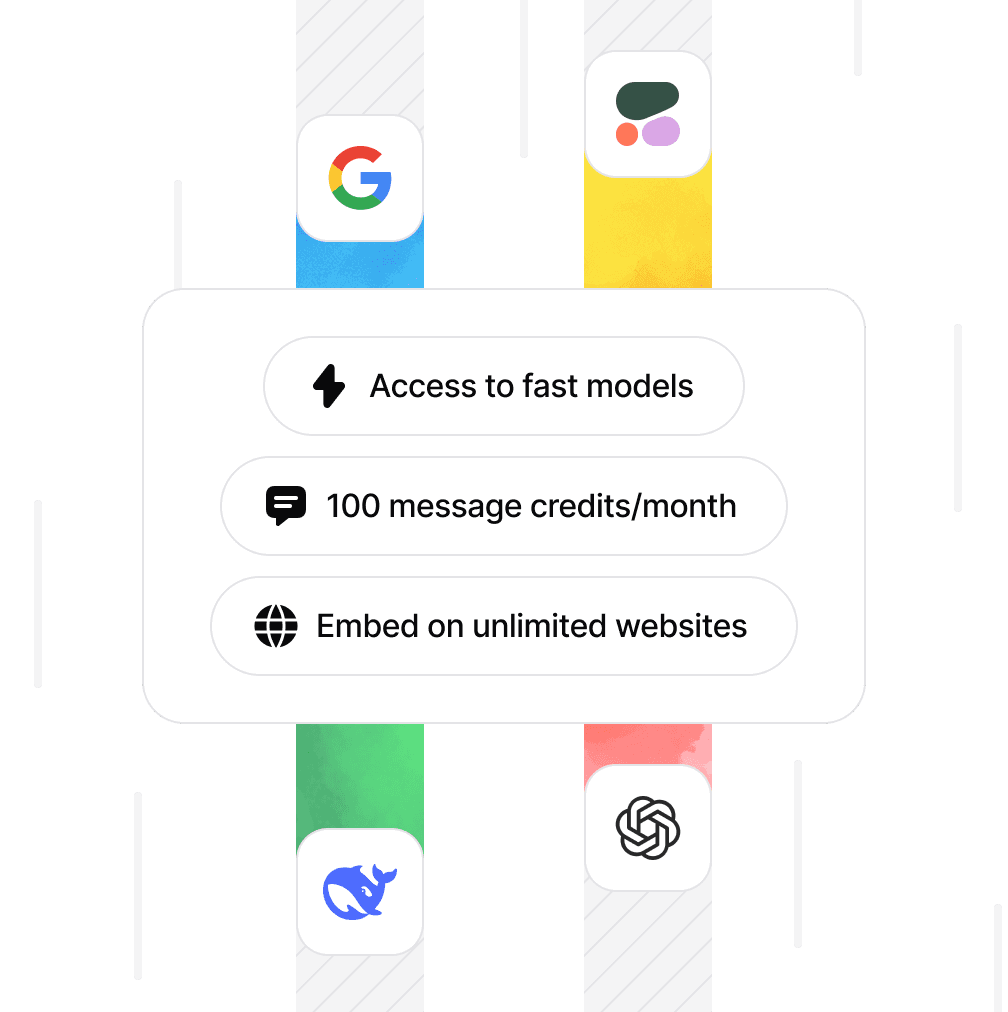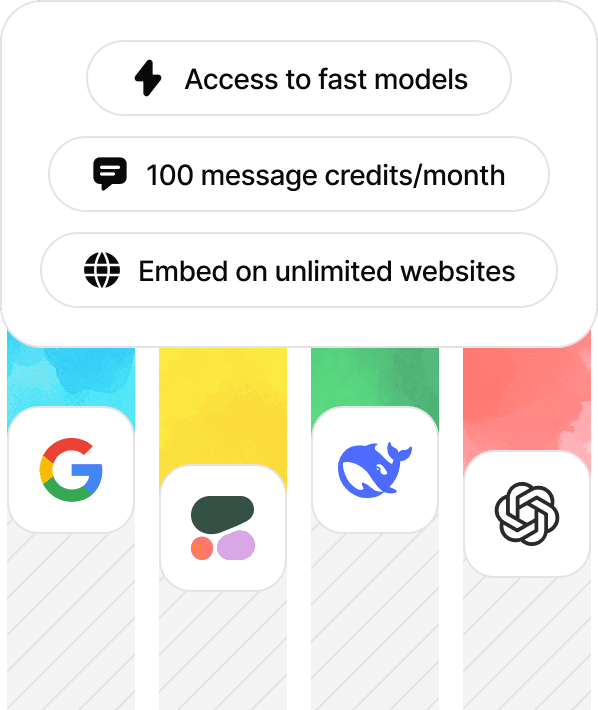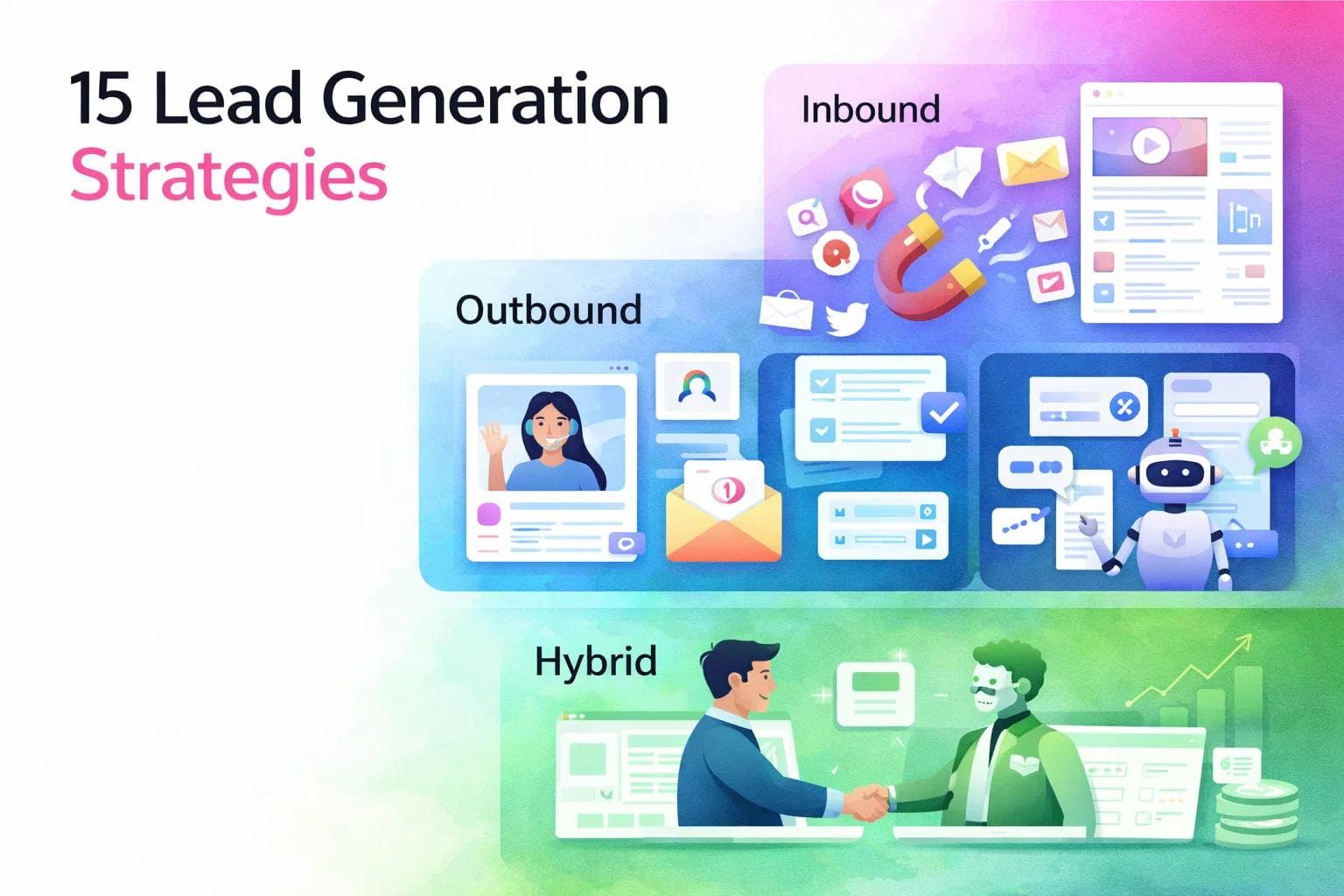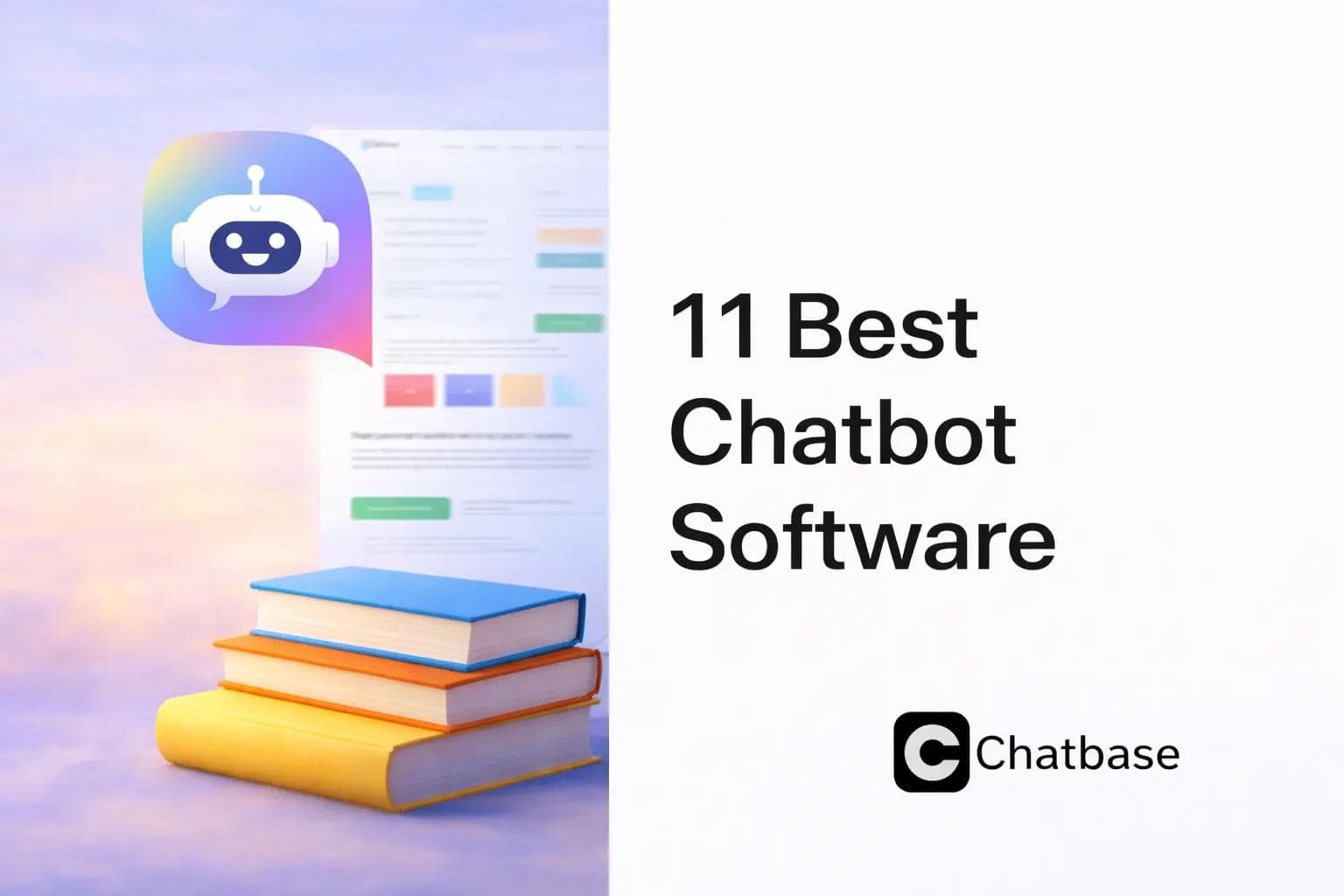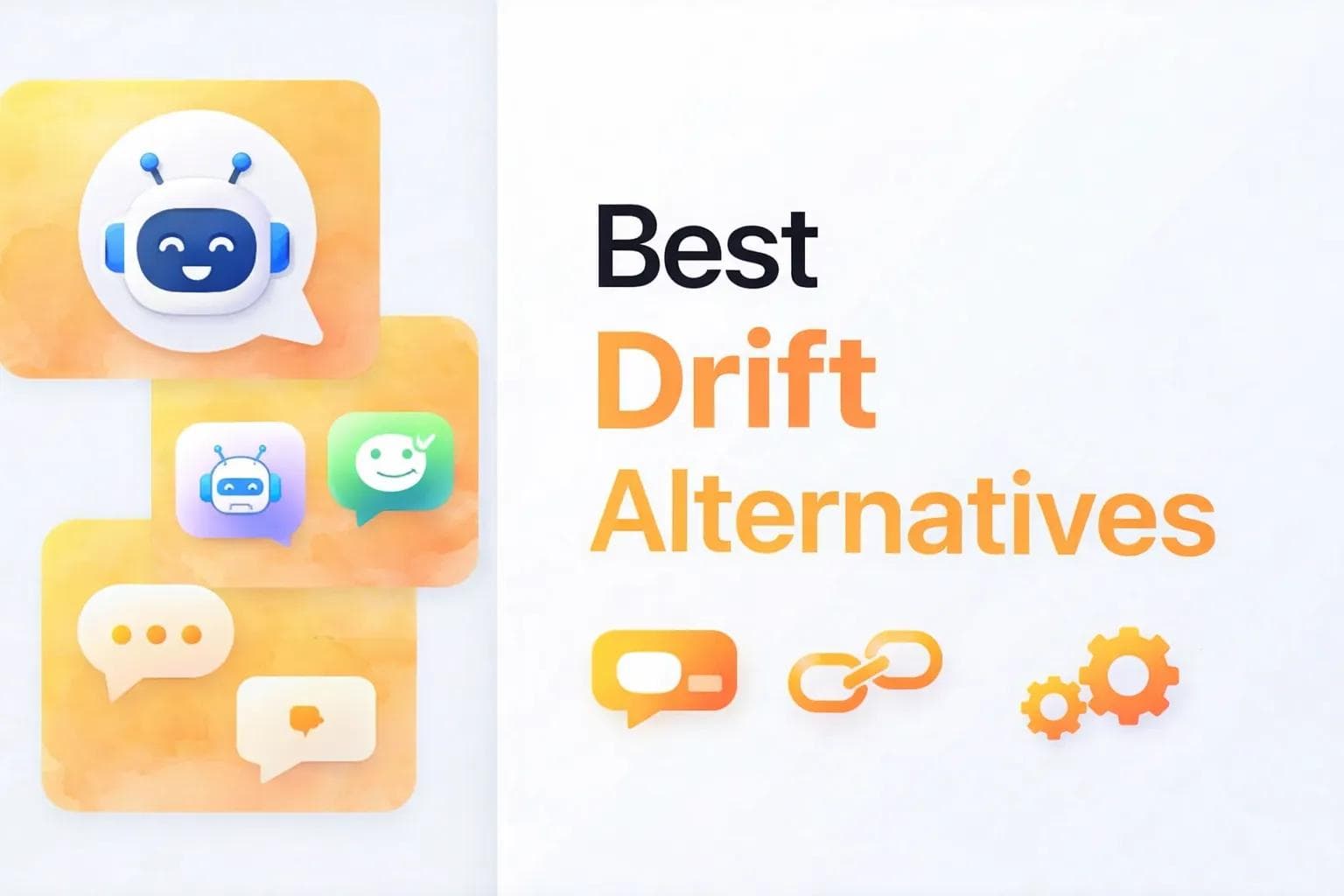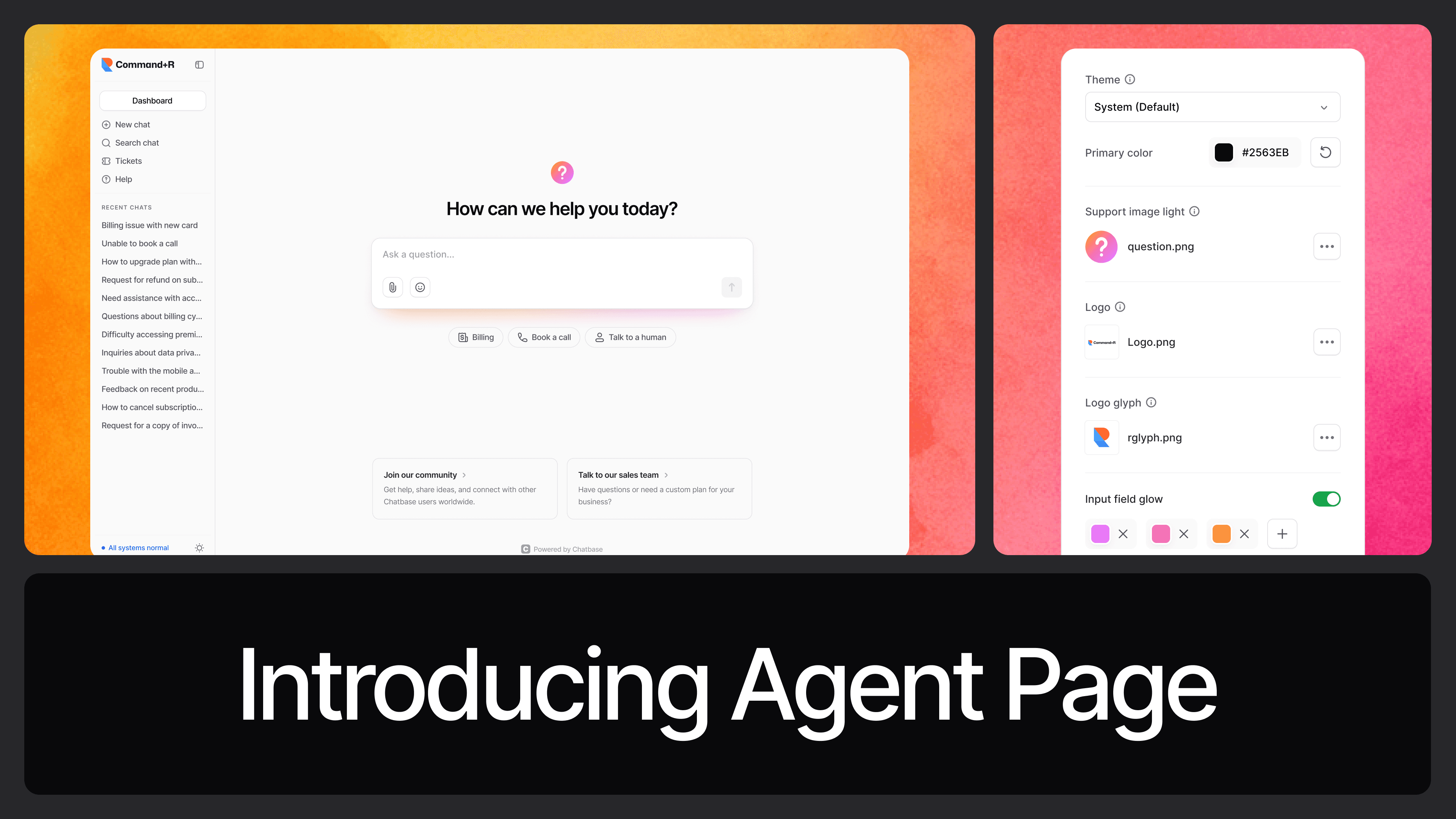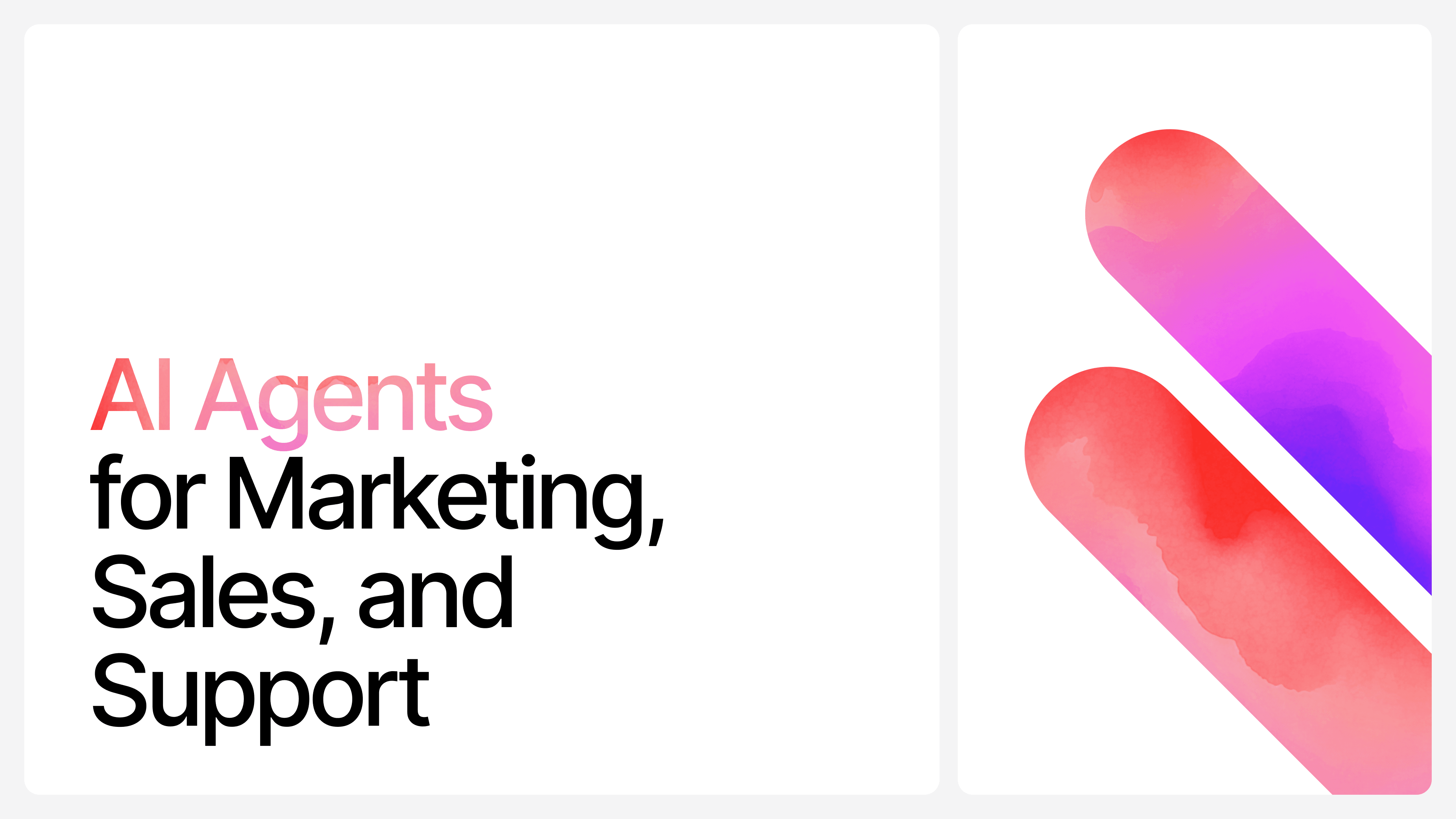What AI Chatbots Mean for Customer Service in 2026
Max T
Jun 9, 2023
8 min read
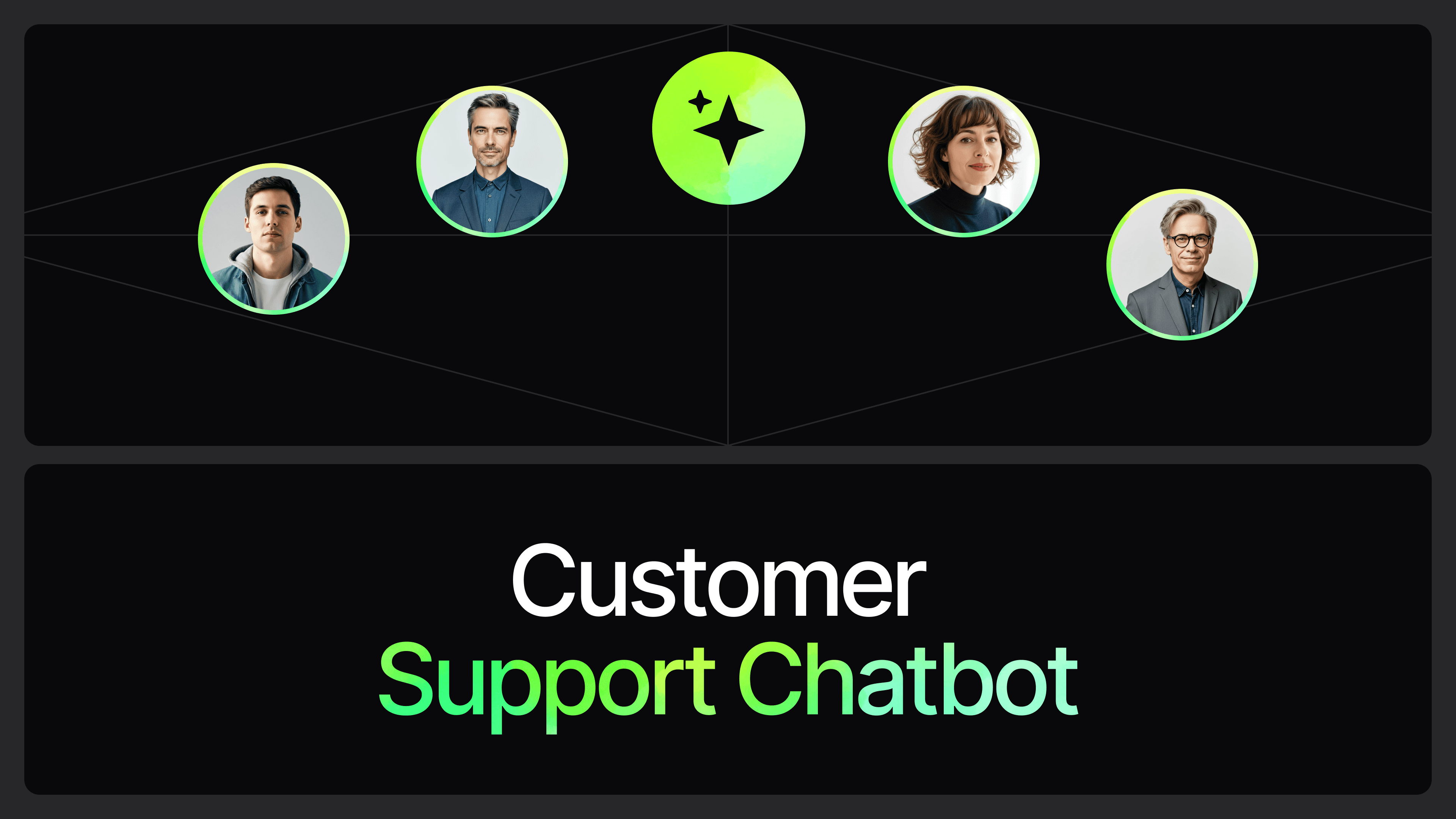
AI chatbots now handle more than half of customer inquiries without human intervention, saving businesses billions of dollars annually. This technology has evolved from simple FAQ bots to intelligent assistants that understand context, learn from interactions, and provide personalized solutions at scale.
Modern AI-powered support systems are becoming essential for businesses across all industries, from SaaS companies to financial services providers.
Industry-specific applications drive adoption
Different industries are leveraging AI chatbots in unique ways to address sector-specific challenges. Financial services companies use these systems to help customers navigate complex product offerings and qualification requirements.
For example, contractors often struggle to find financial products that understand their unique business models - irregular income, project-based work, and seasonal fluctuations. AI chatbots can now guide these business owners through detailed questionnaires about their specific needs, cash flow patterns, and business structures to recommend appropriate solutions.
This personalized approach has proven effective across various financial products. When contractors search for funding options, AI systems can assess their business profile and direct them toward resources that help them understand which features matter most for their industry.
The technology excels at breaking down complex financial products into understandable terms, explaining how different features benefit specific business types, and streamlining the application process.
1. The Evolution of Chatbots to Conversational AI
Chatbots in their primitive forms used to be rule-based computer systems, limited to answering simple FAQs. However, AI chatbots based on natural language processing (NLP), machine learning, and sentiment analysis can have the following abilities:
- Understand the intent behind customer queries
- Provide personalized responses based on user data and history
- Maintain context throughout complex conversations
- Learn and improve from each customer interaction
Financial service providers have embraced this technology to help customers navigate complex products and services, making it easier for users to find information about specialized offerings.
2. Hyper-Personalized Support at Scale
Personalization at scale is one of the greatest changes in AI chatbots. Chatbots can provide customized solutions by integrating with CRM systems and user databases and come up with solutions like:
- Addressing customers by name and even welcoming back old customers
- Providing recommendations concerning situations and services that took place previously
- Upselling or cross-selling products (e.g., offering a review of the best business credit cards to use depending on the purchase behavior)
3. Multilingual and Multichannel Capabilities
Global businesses need customer support that works across languages and platforms. Modern AI chatbots integrate seamlessly with:
- Websites and mobile applications
- Social media platforms like WhatsApp, Facebook Messenger, and Instagram
- SMS and email channels
- Voice assistants like Alexa and Google Assistant
This multichannel approach ensures customers can get help through their preferred communication method, improving satisfaction and reducing friction in the support process.
4. Significant Cost Reduction and Efficiency Gains
This is one of the most feasible benefits of AI chatbots, as they affect the bottom line. Businesses that operate based on more sophisticated AI report:
- 40-60% reduction in customer support costs
- 70% improvement in average response times
- Decreased customer churn due to faster, more accurate responses
- Higher Net Promoter Scores through 24/7 availability
5. Real-Time Data Collection and Predictive Analytics
AI chatbots serve as valuable data collection tools. Each conversation provides insights into user behavior, preferences, pain points, and satisfaction levels. Businesses use this data to:
- Identify frequently asked questions and emerging concerns
- Recommend product improvements based on user feedback
- Proactively address customer needs before issues escalate
- Create targeted content that addresses specific user interests
This data-driven approach helps businesses refine their offerings and create more effective marketing strategies.
6. Enhanced Security and Compliance
Security remains a top priority, especially for financial services and healthcare companies. Modern AI chatbots include:
- End-to-end encryption for all communications
- Role-based access controls to protect sensitive information
- Real-time anomaly detection to identify potential security threats
- Compliance with regulations like GDPR, HIPAA compliance solutions, and industry-specific privacy laws.
These security measures ensure that sensitive customer data remains protected while still providing convenient, automated support.
7. Integration With Human Agents—The Hybrid Support Model
Rather than replacing human agents, AI chatbots enhance their capabilities. This hybrid approach ensures:
- Routine inquiries get automated responses, reducing queue times
- Complex issues are escalated to human agents with full context and conversation history
- Human agents receive AI-powered suggestions and recommendations in real-time
- Customers experience seamless transitions between automated and human support
This model maximizes efficiency while maintaining the human touch for situations that require empathy and complex problem-solving.
8. Chatbots as a Revenue Channel
Forward-thinking companies recognize AI chatbots as revenue-generating tools, not just cost-saving measures. These systems can:
- Qualify high-intent leads through intelligent conversations
- Provide personalized upselling and cross-selling opportunities
- Guide users toward relevant resources and content
- Collect feedback and survey responses to improve products and services
The key is delivering value first, then naturally introducing relevant solutions that address specific customer needs.
The Future of Customer Support Is AI-Powered
AI chatbots represent a fundamental shift in how businesses approach customer support. Companies that embrace this technology gain significant advantages through 24/7 availability, reduced operational costs, and improved customer satisfaction.
The most successful implementations focus on solving real customer problems rather than simply automating existing processes. Whether you're a tech startup or a financial services company serving specialized markets, AI-powered support systems can help you scale your customer service while maintaining quality and personalization.
Success requires careful planning, proper integration with existing systems, and a commitment to continuous improvement based on customer feedback and interaction data. The businesses that master this technology will set new standards for customer experience in their industries.
Share this article:
